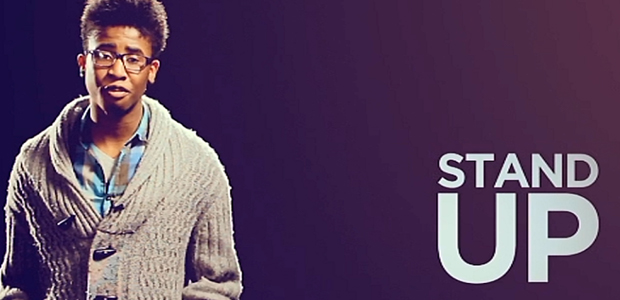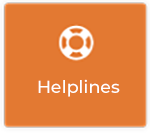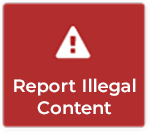The Bystander Effect: Why so Important?
If you saw someone being assaulted on the street would you keep on walking assuming someone else would step in or would you help the person in need?
The ‘bystander effect’ refers to incidents where an individual in need of help is not assisted by an onlooker because the onlooker assumes that someone else will step in – the implication being that when in a crowd, we do not feel as accountable as we might when alone.
Cyberbullying: Dr. Mary Aiken Explains Bystander Effect
[youtube id=”E34mrx1FuLI”]
How does this transfer to an online situation? For web users, the distinction between bystanders and active participants can be very vague.
Responsibillty often goes beyond the person who creates and posts harmful content online.
Sharing, or commenting on content on social networking websites or joining, subscribing, or following online sources of content intended to humiliate or harm individuals can also be considered bullying behaviour.
A study conducted by Robert Thornberg in 2007 came up with several reasons why children do not help when another classmate is in distress.
The reasons children did not intervene in incidents of bullying include: seeing it as insignificant, not serious, or routine, feeling it has nothing to do with them, not wanting to add to the embarassment of the victim or to incur personal embarrassment, being under pressure to do other things, observing that everyone else appears to be doing nothing, and feeling it is someone else’s responsibility.
A study in 2003 showed that bystanders can be influenced by teachers to intervene when they witness bullying behaviour and that this intervention is more likely to occur when peer group pressure is mobilised to bring this about.
Many intervention approaches seek to change the behaviour of the bystander through addressing issues of peer pressure, with a view to encouraging disclosure and converting anti-bullying attitudes to anti-bullying behaviour.
How do you influence young internet users to become ‘defenders’ instead of ‘bystanders’?
Ideally they should be encouraged to take an active role through easy to implement examples.
Simple steps can greatly help diffuse a potentially explosive situation.
By flagging content they think is inappropriate, reporting cyberbullying episodes and reaching out to those being bullied, young people can offer support to their peers.
When a bystander intervenes in a safe and effective way to support victims or lets the bully know that his/her behaviour is unacceptable, this can inspire positive action by other bystanders and can reduce the negative effects of cyberbullying on the victim.
Along with schools, parents, and industry; young people themselves have an important role to play in combatting cyber bullying.
Bullying won’t go away if we do nothing! But it can if we do something.
“It’s up to all of us to create and shape the online spaces that we like to spend our time in.” Ruairi Quinn TD Minister for Education and Skills
“It’s good to stand up to bullying, whether it’s online or in the real world in a safe and effective way. Directly confronting someone who is being aggressive or hurtful is not always the best way to go about it. You can report online bullying to the website, reach out to support the victim, and tell an adult you trust”. Garda Commissioner Martin Callinan







